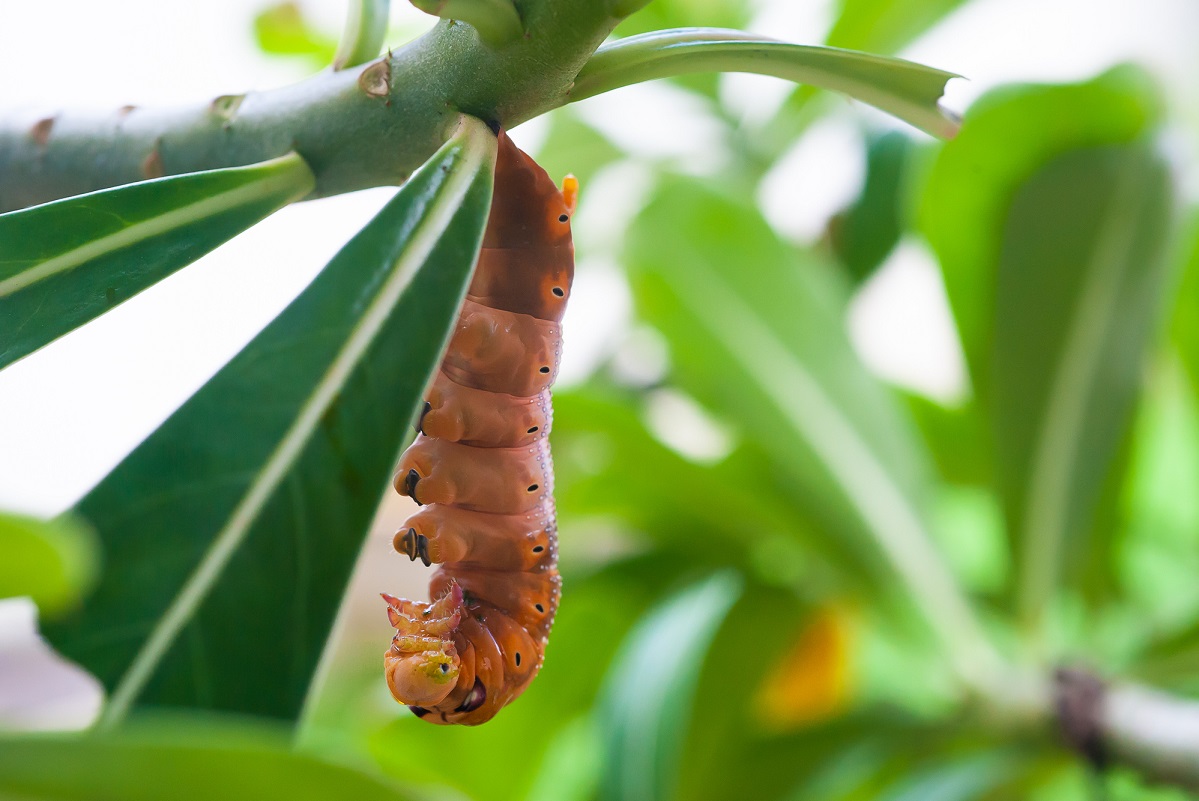
The COVID-19 pandemic represents decades of warnings by scientists on the deterioration of our epidemiological environment, in this case the confinement of animals in live markets. But what other warnings are we disregarding to the detriment of human survival?
Flinders University’s Professor Corey Bradshaw, Matthew Flinders Fellow in Global Ecology, says there are both well-known and less obvious human impacts that should be addressed now – and pandemic recovery presents an opportunity to do so and that they can no longer be ignored.
In an article written for Stanford University’s Millennium Alliance for Humanity and the Biosphere (MAHB), Professor Bradshaw and colleagues – Professor Paul Ehrlich, who directs the Centre for Conservation Biology at Stanford University, California, and Professor Daniel Blumstein, who runs the Blumstein Lab of Ecology and Evolutionary Biology at UCLA – state there are several catastrophic issues for humanity brewing.
“Two principal health threats, both of them well-understood by science, are the overuse of antibiotics and the impacts of our changing climate,” Professor Bradshaw says.
“Antibiotic overuse in agriculture is a catastrophe waiting to happen. There is no doubt we will see widespread deaths from formerly treatable bacterial diseases due to growing antibiotic resistance in microbes.”
This evolution of resistance is well-known and predictable, yet the practice of feeding healthy livestock antibiotics continues because it offers an economically attractive way to produce meat in the short term.
Professor Bradshaw says this near-sighted approach means newly created antibiotics are only effective for a few years before resistance evolves.
“It’s not economic for private companies to create a new drug and bring it to market if they only can sell it for a few years.”
The other half of the equation is human over-prescription, again a known concern, but lacking in policies to affect real change.
Professor Bradshaw says our health problems extend beyond disease and antibiotic resistance.
“We know humans are rapidly altering the Earth’s climate by reliance on fossil fuels and destroying our planet’s remaining natural habitats. There are enormous amounts of evidence, but short-term economic considerations are again put first.”
He suggests the COVID-19 pandemic has delivered an opportunity for a change in course, as governments seek to boost economic recovery.
“This is the time to rebuild our infrastructure to reduce our dependence on fossil fuels.
“We can re-think our need for long-distance travel, we can look at how our cities can support a transition to an environment that supports our ecosystems and long-term future.
“We can direct funding to addressing issues such as the accelerating toxification of the Earth and the destruction of soils that are affecting human health.”
Professor Bradshaw will present a public webinar this Sunday focused on how humanity’s encroachment on the natural world is impacting our very own survival, as we erode the ecosystems that quietly serve us behind the scenes.
“These losses are already stripping us of our well-being and prosperity and a critical point will come – we can limit the damage.”
The Doctors for the Environment Australia (DEA) webinar featuring Professor Corey Bradshaw, ‘Australia’s place in the global loss of biodiversity: inevitability of a degraded future for our children’ will take place on Sunday 24 May, 4-5 pm AEST.
To register, visit the DEA website.

